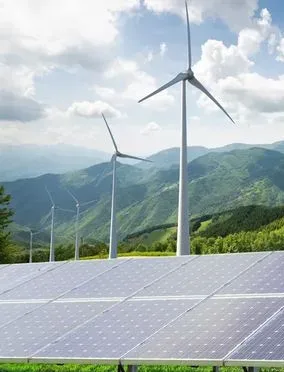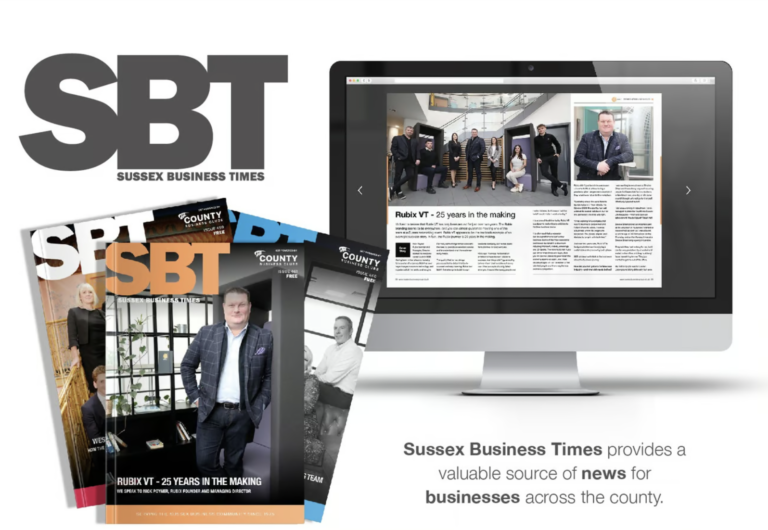Part one of a two-part series on green energy
As a business energy supplier, we are committed to promoting green, sustainable options.
Our motto is: “One world, one planet – ONE chance to get things right.”
The great news is that our customers agree.
Of course, the customer is always right. If you are looking for an energy plan based solely on the lowest price, then that is what we will find for you. But more and more customers are requesting renewable energy.
Our Business Energy Sales Manager, Felix Mushore, has specialised in Business Gas and Electricity for 13 years, and he has seen the switch in priorities at close hand.
Felix says, “When I first started in business energy, clients had only one question: ‘How can I get the cheapest energy?’ Now they ask: ‘Is it green?’ or ‘Is it renewable?’
“The good news is that renewable energy is no longer an expensive option. The cost of green energy is almost identical or only slightly more than non-renewable energy.”
What is green energy?
There are many types of green energy, all of which harness the power of nature, without depleting the earth’s resources.
The most common sources of green energy are the wind and the sun, with the UK heavily biased towards wind power (for obvious reasons!).
A quick look at the breakdown of some green energy suppliers shows the breakdown of their renewable sources:
- Octopus 75% wind – 21% solar – 4% hydro
- Bulb 78% wind – 18% solar – 4% hydro
- Pure Planet 89% wind – 11% solar
The range of environmentally friendly options include:
Wind – Huge wind turbines convert kinetic energy from the wind into electricity. Wind farms are found on rural land and off the coast.
Solar – Solar energy is captured by solar photovoltaic (PV) panels, which convert sunshine into usable energy. Solar farms can take up huge expanses of land to feed into the grid. On a smaller scale, many homes generate their own energy through roof panels.
Hydro – The power of water flowing through a dam or barrier drive turbines creates storable electricity. Hydro is not weather dependant. It still generates energy on cloudy or windless days.
Tidal – Tidal energy is similar to hydro, but uses the rise and fall of the tides, with a barrage positioned across the mouth of a river or bay.
Geothermal – This energy option captures and converts natural heat from within the earth.
Bioenergy – When an animal or food waste breaks down it generates gases, which can be converted. Energy is also released through the burning of organic matter.
Why choose green energy?
You don’t need to become the new Greta Thunberg or attend an Extinction Rebellion rally to do your bit to help the planet. If everyone used green energy, our future would look much brighter.
And choosing green energy has plenty of benefits:
- Better for the planet. The most obvious benefit is that it helps in the fight against climate change. Traditional methods of energy creation, such as the burning of fossil fuels, release carbon dioxide into the atmosphere. Carbon dioxide absorbs solar energy, keeping heat close to the earth’s surface, rather than letting it escape into space. The trapping of heat is known as the greenhouse effect, which raises the global temperature. The results may be catastrophic – future generations are relying on us!
- Less pollution. Aside from the risk of a climate emergency, fossil fuels result in polluted air and water. As well as carbon dioxide, pollutants released include mercury, nitrogen oxide and sulphur dioxide. Air pollution has been proven to cause early deaths and conditions such as asthma. Respiratory diseases cause unnecessary suffering and are an expensive drain on health services. Cleaner air is better for everyone – and that’s not even considering the risk of disastrous oil spills.
- Endless supply. Fossil fuels will run out one day. The wind will never stop blowing and the sun won’t stop shining. If it does, we are in real trouble!
- National security. Over reliance on oil is a risky business. Much of Europe relies on oil piped in from Russia, a country that has strained relations with the West at the best of times. A diplomatic crisis that gets out of control could result in the taps being turned off. Three of the five biggest oil producers are Saudi Arabia, Iraq and Iran, all located in an ever-volatile region of the world. Hopefully, politics and war will never result in a global oil crisis, but it’s always better to have energy sources you can control. The UK is a leading producer of renewable energy and has a target of producing one-third of the UK’s electricity via wind power by 2030. This energy independence may prove to be essential.
- Ease of planning. Even if we have sustained peace, oil prices fluctuate massively for a variety of reasons from natural disasters to regional politics. Renewable electricity prices are far more stable and less affected by global events.
- No more eyesores. Admittedly, not everyone likes the sight of solar panels or wind turbines, but surely, they are better than enormous, ugly power stations. Most renewable energy is generated and delivered on the same site and avoids the need for huge industrial eyesores.
Good for your business
The case for green energy is one that benefits us all as a society. But not everyone sees the bigger picture. Some still think that if it is slightly cheaper to use fossil fuel energy, why pay more for the benefit of others?
In fact, ignoring sustainability may cost you in ways you might not expect. For example, you may find it harder to recruit staff. The workplace is becoming more and more dominated by millennials – and they care about the environment.
A recent survey found that 40% of millennials said that they’ve chosen a job in the past because the company performed better on sustainability than the alternative. And 30% said that they’ve left a job in the past because of the company’s lack of a sustainability plan.
And customers can be just as picky as employees when it comes to a company’s green credentials.
Choosing a green business energy plan is good for your business as well as the planet.
If you want to do your bit for the planet, choose renewable energy. Contact Felix to discover the most cost-effective way of using green energy in your business.






